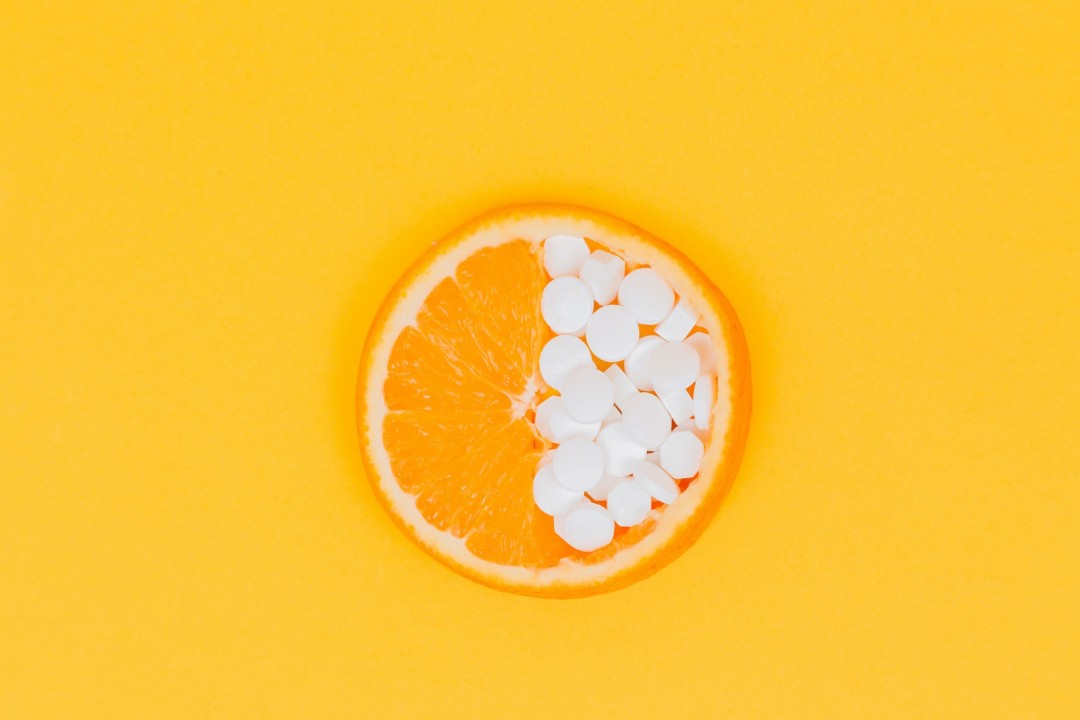The Hidden Chemistry Between Food and Medicines
When we take medication, it’s easy to assume it will work the same way every time. But what we eat or drink can significantly alter how drugs behave inside the body. Certain foods can strengthen the potency of medicines, making them more powerful than intended, while others can weaken their effects and reduce their benefits. For example, grapefruit has long been known to interfere with the way the body metabolizes a wide range of drugs, including those for cholesterol and blood pressure. This happens because natural compounds in the fruit block an enzyme responsible for breaking down pharmaceuticals, leading to stronger and sometimes dangerous effects.
Another well-documented example involves leafy greens such as spinach and kale. These vegetables are rich in vitamin K, which can counteract the effectiveness of warfarin—a widely used blood thinner. Patients taking warfarin aren’t required to avoid leafy greens altogether, but doctors often adjust dosages based on a person’s diet to keep treatment stable.
Unusual Interactions With Drinks and Herbal Remedies
Fruit juices are among the most frequent culprits of drug interference. Orange juice and cranberry juice have been linked to altering how certain medications enter the bloodstream. While occasional consumption may not always cause severe consequences, concentrated juices or frequent intake can amplify their effects. In one case, cranberry juice was thought to intensify blood-thinning activity, raising concerns about potential bleeding risks.
Herbal remedies and supplements can be just as unpredictable. Turmeric is often praised for its anti-inflammatory benefits, yet it may enhance the strength of blood-thinning drugs and medications for diabetes. St. John’s Wort, a popular herbal extract for mood support, can reduce the effectiveness of antidepressants and even interfere with certain contraceptives. These natural products are not always regulated as strictly as prescription drugs, which makes their interactions harder to predict.
The Importance of Awareness in Everyday Health
The complexity of food and drug interactions lies in how the human body processes chemical compounds. Each individual’s metabolism is unique, which means that two people taking the same drug with the same meal might experience very different outcomes. Even everyday habits like drinking coffee or consuming liquorice have been shown to influence how certain medications function.
Health organizations such as the U.S. Food and Drug Administration and the European Medicines Agency require drug manufacturers to test for food effects, but the enormous number of possible combinations makes it impossible to cover every scenario. That’s why patients are encouraged to stay informed, ask questions about their prescriptions, and pay attention to how their diets might be shaping the effectiveness of their treatments.
Understanding the link between food and medicines is not only about avoiding risks—it also opens the door to improving therapies. Researchers are beginning to explore whether these interactions can be harnessed to make treatments more efficient, safer, and tailored to the individual.







